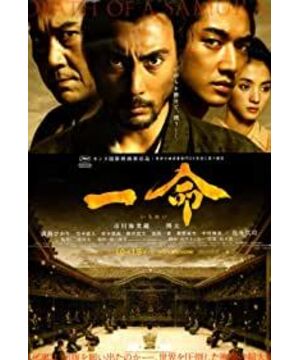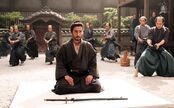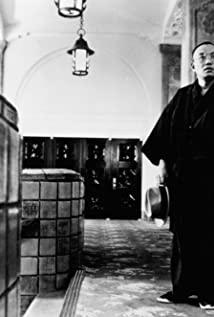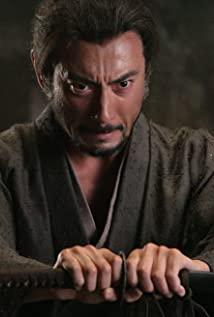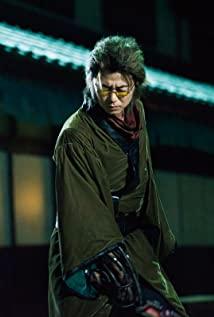Aside from this regrettable shortcoming, this is still a solid samurai film with character. The image performance and dialogue of lines hidden in period dramas by Ichikawa Haila are full of personal charm. It is difficult to find other candidates of the same type among actors of the same age in the current Japanese entertainment circle. Ryuichi Sakamoto's soundtrack is clean and concise, neither flooded nor overly emotional (which is vastly better than most Japanese movies, not to mention Japanese dramas where the music is overwhelming). Director Takashi Miike has some parts that compromise the audience, but he also maintains a consistent authorship, showing the audience a cruel and real scene without hesitation, and even exaggerating this cruelty (such as the detailed description of Eita's repeated belly-cutting with a bamboo knife).
It is unrealistic to compare it with Kobayashi Masaki's "Cut the Belly". Times are changing, the environment for filming is changing, and the needs of the audience are also changing. According to Miike's expectations, the film has been trying to show a lost masculinity that may no longer conform to the spirit of the current Japanese era, showing sincerity and exposing shortcomings. It is not perfect, but it is already commendable.
View more about Hara-Kiri: Death of a Samurai reviews


